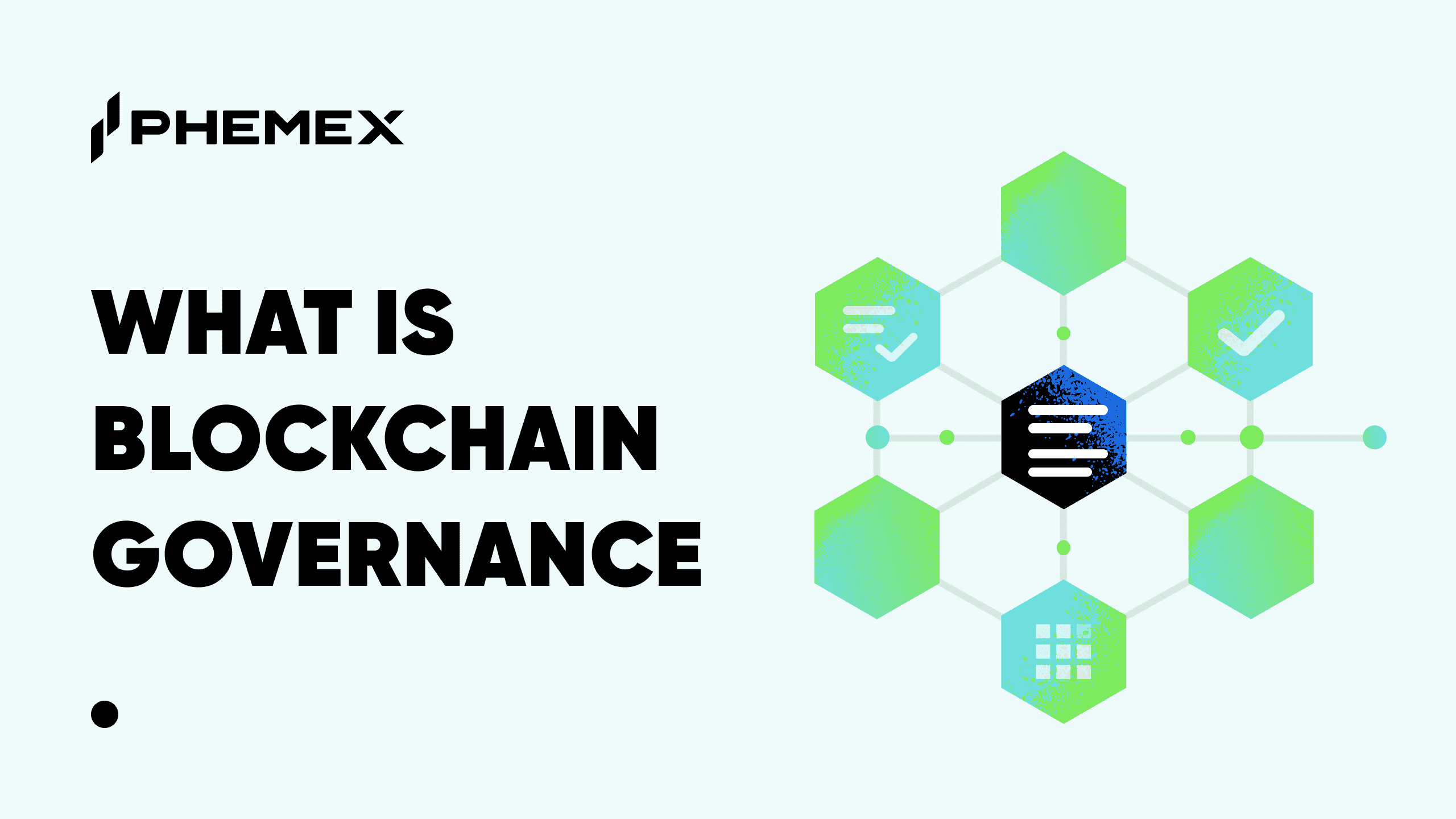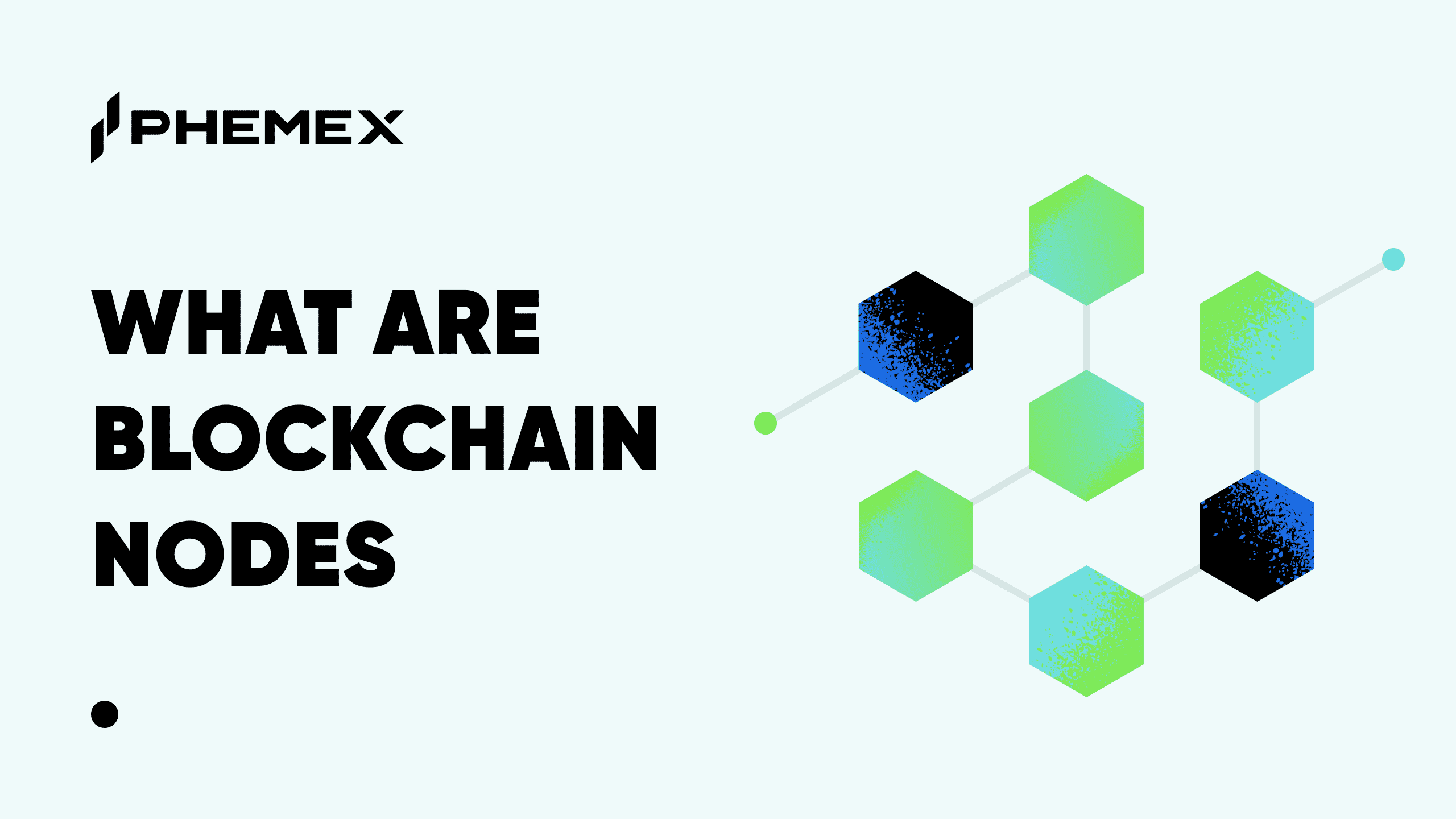Blockchain charity refers to the use of blockchain and smart contract technologies to create new solutions for philanthropy. Through the use of blockchain charity, charitable organizations are able to build trust and incentivize donations, while philanthropists are able to better govern the use of their contributions.

What Is Blockchain Charity?
More so than ever before, transparency and governance have become key concerns for prospective philanthropists. Reports of high executive payouts, shady solicitation practices, and donations not reaching their advertised beneficiaries have shaken trust in the charity sector.
An investigation by the Tampa Bay Times and Center for Investigative Reporting found that some of America’s worst charities contribute as little as 3% of solicited donations to charitable causes. Much of the money received by these charities is instead spent on corporate lawyers and consulting firms, some of which have direct connections to the charity’s founders and executives.
The new landscape requires that the charity sector find solutions to the challenges of declining donations from younger generations, increased public scrutiny over administrative costs, and a lack of trust and accountability. On the other hand, donors require greater transparency and assurance that their contributions will make it into the proper hands.
What Solutions Does Blockchain Charity Offer?
The incorporation of blockchain into the donation process provides donors with greater oversight over their contributions and improves the operational transparency of charitable organizations. The immutable nature of blockchain ensures that a permanent and unfalsifiable record of each donation is logged, and can be used to track how much of each donation is actually contributed towards the marketed causes.
Charity fraud becomes much more difficult as any donor with an internet connection is able to monitor their contributions through the public ledger. Donors can also make use of validation mechanisms and other blockchain ecosystem features to identify authentic charitable organizations.
On the other hand, charities are able to significantly lower overhead and the amount of required personnel by utilizing the inbuilt blockchain bookkeeping functionality. Blockchain integration eliminates the need for middlemen in transactions and reduces the friction on cross-border donations by cutting down on international processing and currency conversion fees.
The use of smart contracts to represent agreements between donors and charitable organizations unlocks new opportunities in terms of both contribution and accountability models. For example, smart contracts could be programmed with conditions that regulate the allocation of funds and mechanisms that automatically return the donated assets if certain milestones are not met or certain conditions are violated.

Blockchain funding and asset distribution process (Source: OpenLedger website)
What Are the Advantages of Blockchain Charity?
- Donor anonymization: Blockchain technology can ensure that the identity and private information of donors remain encrypted and unviewable to both the charitable organization and any other third-party entities. Storing donor information on the blockchain eliminates the need to hire middlemen to record transactions, which in turn improves data security and increases donor trust.
- Decentralized contributions: Devices with unused storage and computing capacity can be quickly mobilized to contribute their spare capacity for charitable purposes, much in the same way commercial networks such as Filecoin (FIL) operate.
- Censorship resistance: The use of decentralized tokens helps charitable organizations resist the control that traditional finance and government organizations have over financing channels. This is especially important for politically sensitive causes such as WikiLeaks, which has been blocked from receiving funds by Visa, Mastercard, Paypal, and other payment processors since 2010.
- Trustless governance: Smart contracts provide the ability to create agreements that allow donors to outline the terms of their contributions. This allows for charitable contributions even in low-trust environments and safeguards against fraud with refund and authentication mechanisms.
- Tax incentives: While selling cryptocurrency (or other assets) and donating the corresponding amount of fiat typically requires a capital gains tax, sending the crypto to a charitable organization directly does not. In addition to creating greater tax incentives for donations, this also ensures that a greater proportion of contributions can be directly passed on to those in need.
What Are the Disadvantages of Blockchain Charity?
- Smart contract security: Despite the security offered by blockchain technologies, locking up donated assets in smart contracts can introduce a level of risk. Improperly programmed smart contracts may contain vulnerabilities or backdoors that malicious actors can then exploit to drain donations, such as with Ethereum’s infamous DAO hack. Unlike fiat held in a bank account, crypto assets are typically much harder to recover once stolen.
- High volatility:The value of crypto assets is highly unstable, and tokens can often experience rapid and significant drops in value. Sudden downturns in the market can make it difficult for charities to implement specific projects. They also discourage donors that wish to ensure the value of their contributions. A possible (if imperfect) solution to this problem is the use of stablecoins such as DAI to help safeguard against volatility.
- Lower accessibility:While great efforts have been made in terms of making crypto applications more accessible, much of the general public remains fairly uninformed about blockchain technologies. This lack of understanding leads to reduced trust. Therefore, blockchain charities will have to invest time and money into educating potential donors on both the benefits of crypto charity and the donation process.
- Lack of regulatory stability:The establishment of cryptocurrency regulations still remains in the very early stages for most countries. Policies relating to taxation and identity requirements (KYC) for the donation of digital assets differ widely between jurisdictions and are subject to change without much warning. This creates a level of uncertain risk for donors and charitable organizations.
- Excessive donor surveillance:A potential downside of the new governance possibilities unlocked by smart contracts is the advent of what has been called “surveillance philanthropy.” A study by Northumbria University found that blockchain charities provided donors that are often divorced from local realities with the power to define milestones and what constitutes success, often at the expense of locals and experts.
Certain charity tokens have added further levels of surveillance by providing the ability to restrict beneficiaries from purchasing anything that the donor doesn’t want them to have. Donors can restrict purchases to food, shelter, healthcare, and professional lessons, or prohibit beneficiaries from spending contributions on “luxuries” such as alcohol or cigarettes. Increasing surveillance philanthropy may pose a serious threat to the human rights of at-risk individuals and facilitate lifestyle (and other forms of) discrimination from uniformed donors.
What Are Some Examples of Blockchain Charity?
The World Food Programme (WFP) has been trialing the use of blockchain technologies to improve the efficiency, transparency, and security of cash assistance to refugees through its Building Blocks pilot. During the process of delivering cash to those in need, the WFP found that financial services providers in certain regions tend to be insufficient or unreliable. In other cases, refugees had limited financial options as they were restricted from opening bank accounts.
After a successful proof-of-concept project in Pakistan, the WFP implemented a blockchain-powered financial aid system to provide over 100,000 refugees in Jordan with the ability to purchase groceries without the use of a bank account. Cash assistance is stored in a beneficiary “account” maintained on the blockchain, then paid out to beneficiaries or retailers through a commercial financial service provider in accordance with the type of assistance requested.
The project was deployed on a private, permissioned blockchain and integrated with United Nations High Commissioner for Refugees (UNHCR) biometric authentication technology. As participating stores run on the blockchain, transaction fees have been slashed and refugees no longer have to worry about banks storing their data or safekeeping physical food vouchers.
Another example of blockchain charity is Alice, which describes itself as a “decentralized platform for the social finance sector.” Through Alice, charitable organizations create projects with defined goals and milestones, which are then submitted to prospective donors for funding in the form of smart contracts.
While a percentage of the donation is provided to the charity upfront, the rest is locked behind milestones and only released once the charity completes certain goals. Evidence for the completion of goals is uploaded to the platform by the charity, then either manually validated by a human or automatically validated in accordance with predefined conditions.
As donors may retrieve their remaining contribution should the charity fail to meet its goals, Alice provides a performance-oriented accountability system that helps assure donors their contributions are being used in an impactful manner.
Conclusion
As blockchain continues to experience wider adoption in applications such as decentralized finance (DeFi), so too has it become an increasingly popular way to give. A report by Fidelity Investments noted that cryptocurrency donations made on its charity platform alone had increased by nearly tenfold, up from $7 million in 2016 to $69 million in 2017.
Charitable organizations have started exploring the use of blockchain technologies to circumvent censorship, improve the efficiency of cash aid, and even safeguard the identity and security of at-risk beneficiaries. Blockchain integration also improves the transparency of charity finances and provides donors with a greater level of oversight with regard to how their contributions are spent.
Despite the potential benefits, blockchain charity still remains in a regulatory gray area that is both lacking in concrete rules and subject to sudden change. The new phenomenon of “surveillance philanthropy” empowered by blockchain charity applications has raised the alarm of some experts, who warn that excessive donor surveillance may harm the beneficiaries that charities are supposed to be helping.
Read More
- What is Blockchain Technology: The Biggest Misconception About It
- Careers in Blockchain: Techies, Lawyers, Crime Hunters, and Beyond
- What are Blockchain Applications and Use Cases?
- What is Blockchain Governance: Setting Platform Rules
- What is Blockchain Voting: Path to Direct Democracy?
- Blockchain Analytics: 11 Free Crypto Research Tools You Need
- What are Public, Private, and Permissioned Blockchains
- Blockchain in Trade Finance: Opportunities, Uses, and Obstacles







